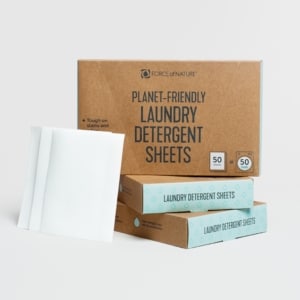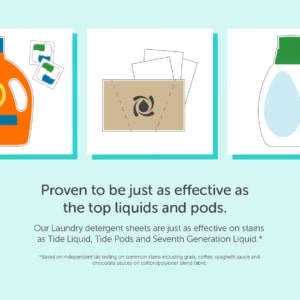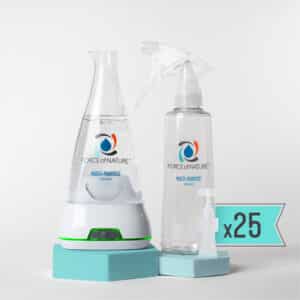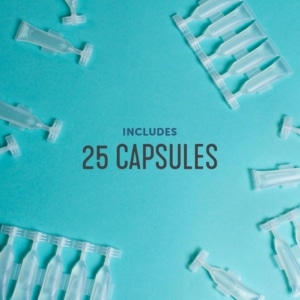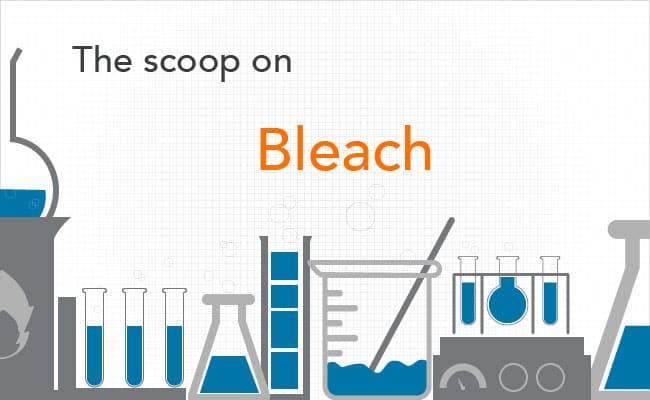
What is bleach?
Bleach, also known as sodium hypochlorite, is a member of the chlorine family. It is one of the most dangerous types of chlorine. It is used because of its broad spectrum antimicrobial function in cleaning products [2]. There are members of the chlorine family that are much safer than sodium hypochlorite, for example hypochlorous acid.
What products is bleach in?
This chemical is found in a variety of household cleaning products and laundry detergents.
How to tell if a product has bleach
This chemical will be listed as chlorine bleach or as sodium hypochlorite [2].
Risks associated with bleach
Sodium hypochlorite (chlorine bleach) is corrosive to eyes and skin, can cause throat irritation and gastric burns [2], is a respiratory irritant [4] and is associated with acute or chronic bronchitis [1] [3]. OSHA requires that workers use it only while wearing a mask and gloves. It is deadly when swallowed by children and it is one of the most common chemicals accidentally swallowed by children. When mixed with other cleaning agents like ammonia, deadly chlorine vapors are emitted.
How to avoid bleach
Read product labels and avoid products containing bleach or sodium hypochlorite [2]. To replace laundry products that use bleach, try a lemon, baking soda, white vinegar or hydrogen peroxide soak. In cleaning products, where manufacturers aren’t required to list all their ingredients on product labels, choose toxic chemical free alternatives with safe natural ingredients. To find a toxic chemical free cleaner, look for alternatives such as those using hypochlorous acid, a non toxic member of the chlorine family.
References:
[1] Healthy Child Healthy World (2013). Protect your child from chlorine bleach. Available online: http://www.healthychild.org/easy-steps/safer-cleaning-banish-chlorine-bleach/ December 7, 2016.
[2] CDC (2008). Guidelines for Disinfection and Sterilization in Healthcare Facilities. Available online: https://www.cdc.gov/hicpac/Disinfection_Sterilization/6_0disinfection.html December 7, 2016.
[3] CDC (1999). International Chemical Safety Cards. Available online: https://www.cdc.gov/niosh/ipcsneng/neng1119.html
[4] EWG. Guide to Healthy Cleaning. Sodium Hypochlorite. Available online: http://www.ewg.org/guides/substances/14153 January 22, 2107
